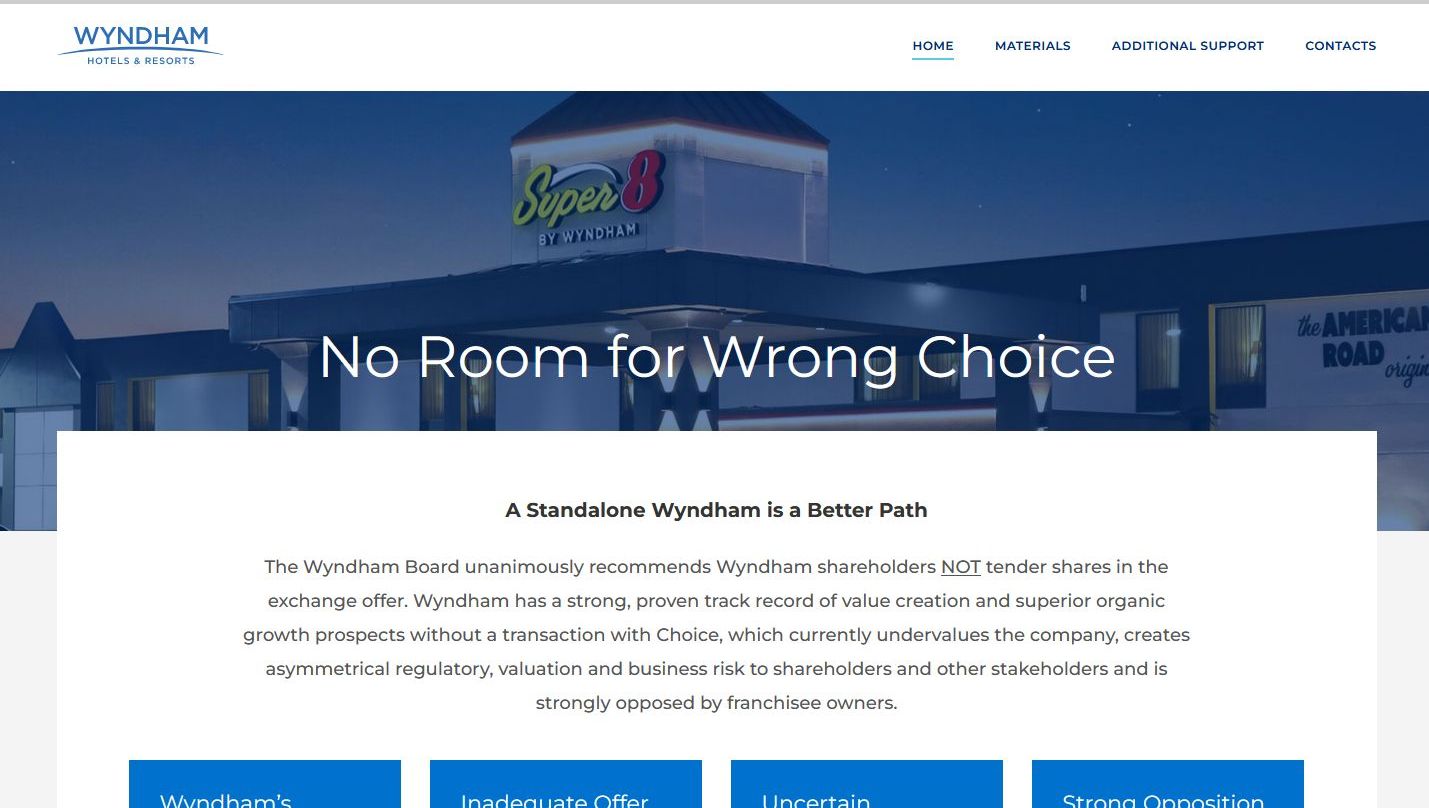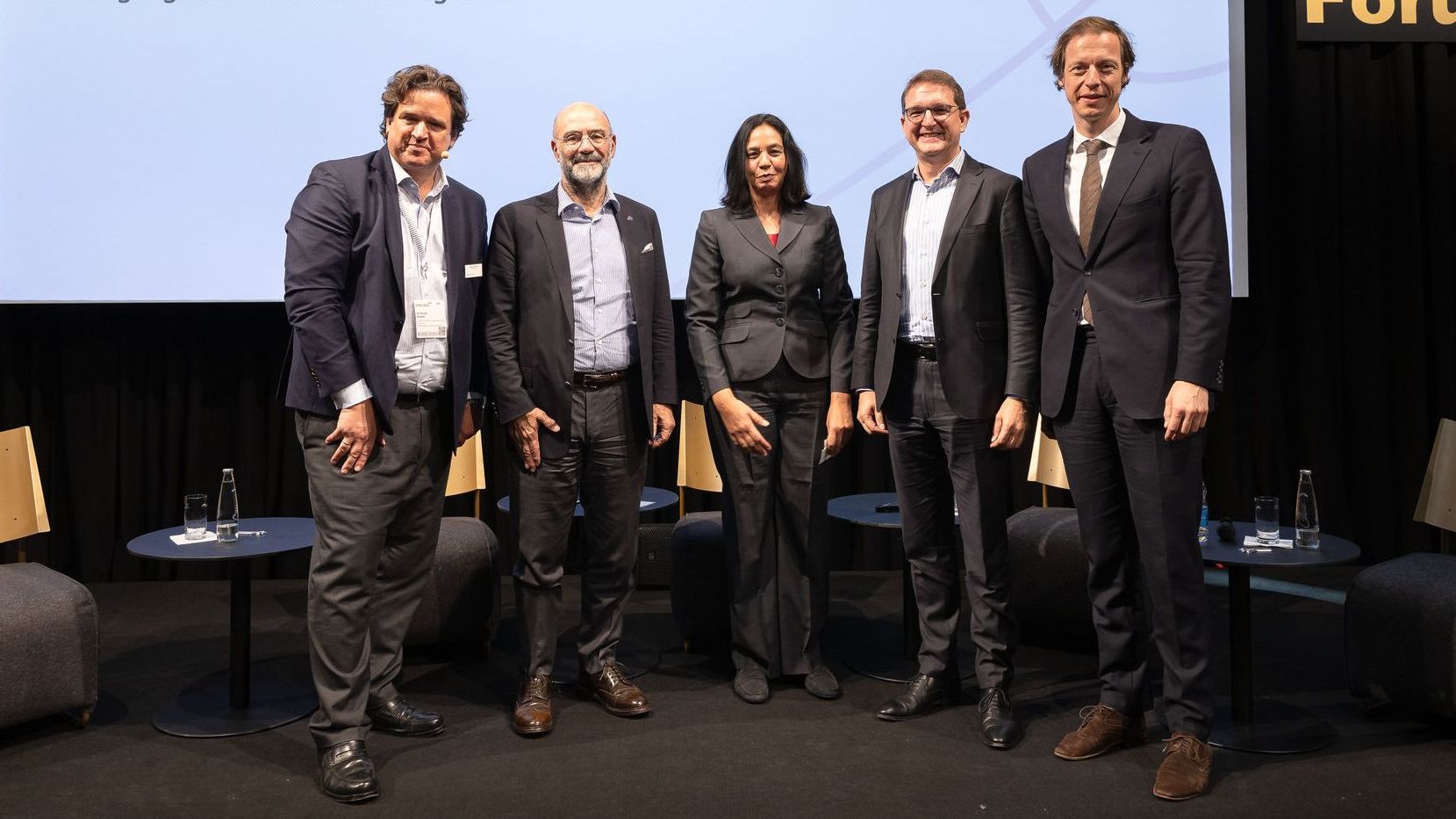
News & Stories
European hotel values see modest rise in 2023 but fail to reach pre-pandemic levels. Hotel values across Europe remained steady in 2023 buoyed by the consolidation of the post-pandemic recovery.
It's over, after almost a year of negotiations and millions of losses. The 8-billion-dollar bid, marked by strategic manoeuvres from Choice, steadfast resistance from Wyndham and scrutiny from the US antitrust body has culminated this week in Choice Hotels' announcement that it will not pursue the bid.
Slowly, more investors are daring to turn their old properties into smart buildings: After all, even old building materials still have value. And because refurbishment can also pay off over the life cycle of the property. In a nutshell: Digital and sustainable aspects immediately come into focus in this project, especially circularity. But how can a future-proof transformation be achieved?
Choice CEO Pat Pacious is putting his announcement into practice: He is now moving his pawns into Wyndham's board in the hope of securing a take-over.
Just before the holiday break, Choice Hotels International issued a strong counter to the Wyndham Hotels & Resorts Board of Directors' recommendation to reject Choice's offer to acquire them. The hospitality industry is now witnessing a high-stakes drama between these two giants, each vying for supremacy in a competitive landscape. The U.S. Federal Trade Commission (FTC) is now involved.
In 2023, hotel investments in Spain reached the second-highest figure following 2018. International investors represent 75% of the investments.
The German hotel investment market closed 2023 with a mere 1.5 billion euros. International property brokers issue their future forecasts at the start of the year: Hope dies last.
Last week, French property company Covivio and AccorInvest, originally the real estate arm of Accor, announced they have entered into exclusive negotiations to reorganize a jointly owned portfolio of hotels – without requiring new financing. The advantage: "78% of AccorInvest's portfolio will come from fully owned establishments," said Gilles Clavié, CEO of AccorInvest, comparing to 70'% today.
Interest rates are the main topic of any hospitality investment discussion. Nevertheless, hotel groups see opportunities - by paying more attention to their loyalty programmes and HR.
Mandatory ESG criteria are set to shape hotel finance in the future. However: No one knows exactly which sustainability standards have to be met, nor which certificates make sense. Calls for clarification from the EU are increasing. An Expo Real discussion at the hotel conference hit the nail on the head.










